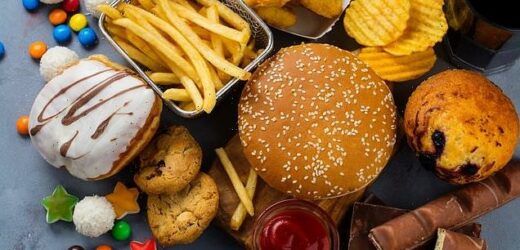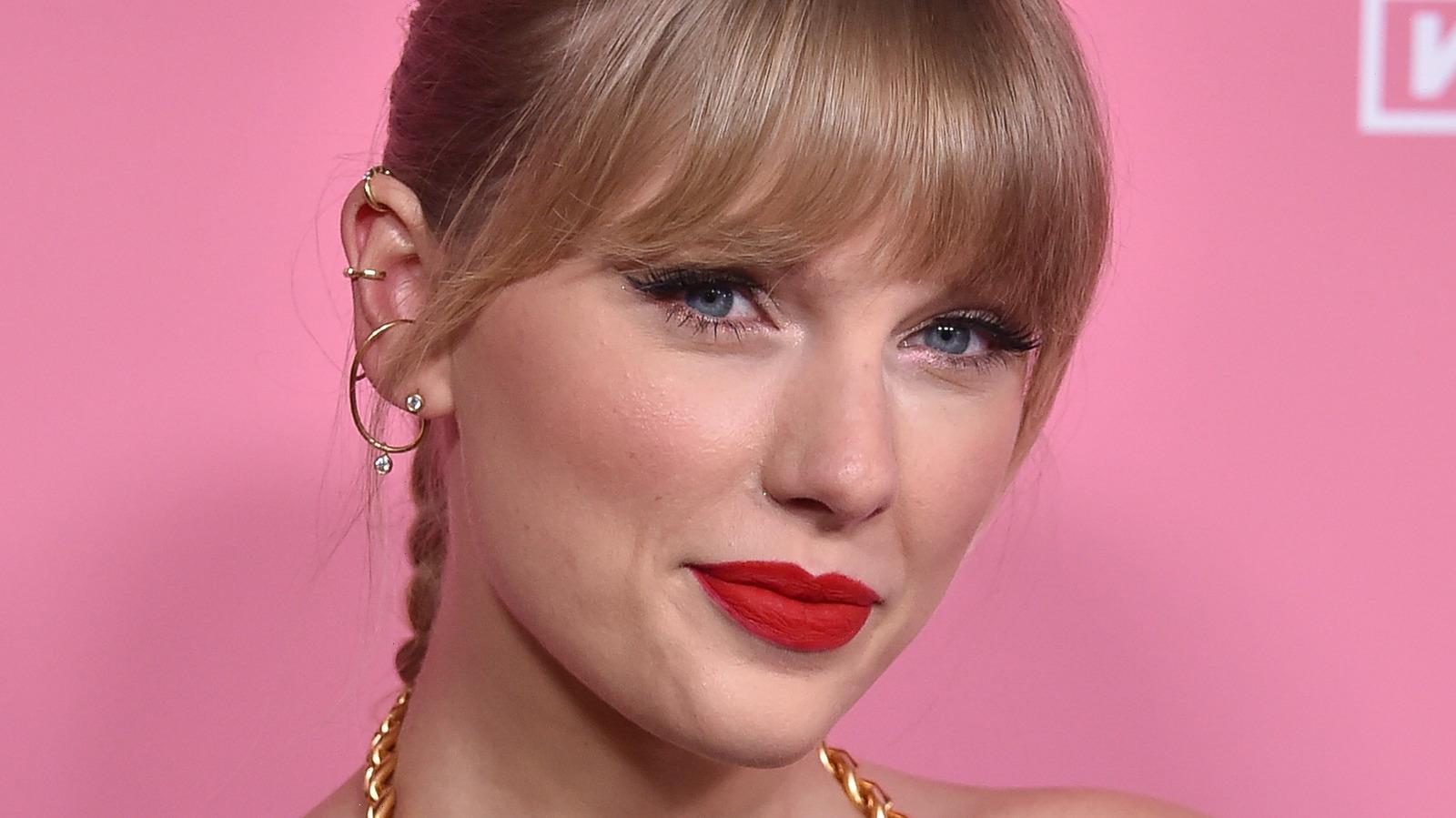British families will see an extra £160 slapped on their annual shopping bill ‘due to Boris Johnson’s crackdown on obesity and plastic waste’
- Food and Drink Federation said firms face £8.3bn in extra costs over three years
- Warned this would be offset by hiking prices of products, hitting buyers’ pockets
- Poor British families would be hit hardest with 11% rise to year food bill expected
British families will see an extra £160 slapped on their annual shopping bill due to Boris Johnson’s crackdown on obesity and plastic waste, a report has warned.
The Food and Drink Federation (FDF) said food firms face £8.3billion in extra costs over the next three years as a result of schemes aimed at slimming the country’s waistline and making the UK more sustainable.
These include the Government’s tax on sugary drinks and bans on daytime advertising of fatty foods and buy one get one free junk food offers.
‘Green’ schemes such as the plastic packaging levy and bottle deposit project will also hike up prices, according to the report.
The FDF warned food companies will offset additional costs to consumers by driving up prices and urged No10 to be frank with the public about the consequences.
It claimed the poorest Britons will be worst-hit by the policies, seeing the price of their yearly food bills rise by 11 per cent.
British families will see an extra £160 slapped on their annual shopping bill due to Boris Johnson’s crackdown on obesity (file)
Other analysists assessing the PM’s green and anti-obesity projects have claimed they will costing the average British household £28,000 over the next decade.
Ian Wright, boss of the FDF, said: ‘The Government needs to understand the costs of the changes it is demanding and the impact it would have on the cost of household food and drink shopping.
‘The suggestion that we should introduce further food taxes at this time is madness.
‘It is an insult to the hardworking families of this country to be told what to do by those who can’t begin to imagine how tough the last year has been.’
The Prime Minster — once a vocal critic of Government meddling in people’s eating habits — said he had a change of heart following his near-fatal brush with Covid.
Mr Johnson said being ‘too fat’ was the reason for his stint in intensive care with the virus last April.
He has also taken a keen interest in sustainability projects since winning the Tory leadership in 2019, which has been attributed to the fact his wife Carrie Symonds is an enthusiastic environmentalist.
The Prime Minister is considering a range of eco-friendly policies, such as a ban on new fossil-fuelled cars and gas boilers by 2033.
And ministers are already known to be pressing ahead with the world’s first plastic tax.
How much will new green and anti-obesity projects cost Britons?
Other analysists assessing the PM’s green and anti-obesity projects have claimed they will costing the average British household £28,000 over the next decade.
- £15,000: Extra average cost of buying a new electric vehicle is £44,000 compared to £29,000 for a new medium-sized car
- £10,500: Extra cost of energy efficiency measures, such as improving insulation and installing low carbon boilers. A new gas-fired boiler costs about £1,500 with installation, compared to up to £11,000 for an air source heat pump
- £2,400: How much a ‘snack tax’ would cost the average family of four over a decade if implemented – which is £60 per person per year
- £200: Average bill for new light fittings after the ban on sales of halogen bulbs from September, with an average of 4.4 new fittings each.
- TOTAL: £28,100
The FDF is urging the Government to delay the schemes — which will all be live by next year — to give manufacturers time to go green without having to hike prices to make up for losses.
Mr Wright warned that poor families were already struggling financially because of the pandemic.
‘Through the last 16 months our workers have made truly heroic efforts to keep the country fed,’ he said.
‘Yet now they face a combination of challenges which threaten to deliver food price inflation to already hard-pressed households.’
It comes just days after Mr Johnson was urged to introduce the world’s first tax on sugary and salty food.
Experts warned the ‘snack tax’ alone would add £60-per-year to each person’s food shop on average — £240 for a family of four.
It could see 87p added to a box of Kellogg’s Frosties and 63p added to a jar of Bonne Maman Raspberry Conserve, for example.
The radical proposal was included in a new National Food Strategy, published by the PM’s food tsar, Henry Dimbleby, the founder of restaurant chain Leon.
Mr Dimbleby said the tax will encourage firms to reformulate their recipes or reduce portion sizes. He warned that unhealthy food was ‘putting an intolerable strain on the NHS’, with more than half of over-45s living with diet-related health conditions.
Poor diets contribute to 64,000 deaths every year in England and cost the economy an estimated £74billion, according to his report.
Kate Halliwell, chief scientific officer of the FDF, warned that policy would have other implications.
‘A salt and sugar tax will ultimately impact those families who are already struggling to make ends meet, by making food and drink more expensive,’ she said.
‘After many years of cost pressures, businesses in our sector are already operating on very tight margins, and any further costs would simply have to be passed on to the consumer in the form of higher food prices.’
Source: Read Full Article



